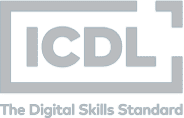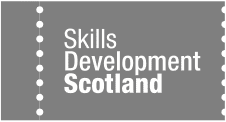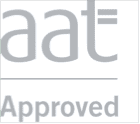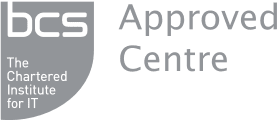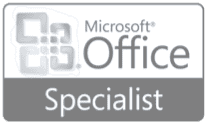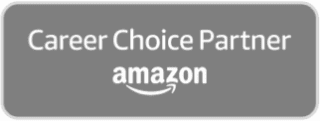It’s Not Unusual for People to Wobble at Interviews. But It Needn’t Be So! The Key Is Preparation, Preparation, Preparation. And the More You Prepare, the More Confident and Practiced You’ll Be. Here Are Our Top Tips for Feeling at Ease During Interviews and Leaving Your Future Employer With Best Possible Impression.
1) Research the company. Understand in as much detail as possible who they are, their history, what they do, who their customers are and their products. Be clear why you want to join them. Use the internet, local papers and library to do your research.
2) Research the job. Read the job advertisement and description in detail. Understand the skills they need and what you would be expected to do. Think about how you could demonstrate you’ve got the skills and prepare examples of how you’ve done it before.
3) Strengths and weaknesses. You might think it a bit of a cliché but questions about strengths and weaknesses are common. Think about what you do really well and prepare examples to illustrate your strengths. Consider your weaknesses – demonstrate how you have overcome weaknesses in the past and your potential for development – a willingness to learn and take on new skills.
4) Supporting documentation – be organised. Bring examples of your work, your CV, the advertisement and job specification. But make sure they’re in a smart bag, not a plastic bag or carrier bag. You may also need your certificates and passport, as well as testimonials and references.
5) Smart and professional dress is a must. Carefully consider how you look and what you wear – girls, avoid short skirts and lots of jewellery; boys – avoid jewellery other than wedding rings, etc. Think about the type of organisation you’re applying to – for example if it’s a ‘trendy’ role in a creative industry there’s more room for individuality than in a large, formal corporation but it’s better to be safe than sorry. You can always dress slightly differently at a second interview once you’ve sussed them out.
6) Be early. It can take up to 15 minutes to get passes and find the right room. Remember, your interview starts as soon as you step through the door! Be polite and friendly to the reception staff (don’t chat them up!) and use the extra time to read any company literature on display.
7) Meeting your interviewer. If they offer their hand, shake it firmly – remember to greet your interviewer by name and smile!
8) Listen and concentrate on what the interviewer is asking you. If you don’t quite understand, repeat the question for confirmation – this will also give you a bit more time to consider your answer. Keep answers to the point and short – resist the urge to ramble! Don’t be afraid of asking for clarification if you’re not sure of the question.
9) Use lots of examples. Wherever possible provide specific examples to illustrate the points you want to make. Prove to the interviewer that you’ve got what they need by drawing on actual experiences – establish common ground between you and the interviewer through stressing similarities rather than any differences.
10) Questions are essential. Have some pre-prepared questions about the role and the company. Better still, if an opportunity for a question crops up during the interview, make a mental note and ask your question at the end. No matter what, do not ask questions about money, holidays, hours etc – these come much later in the process.




